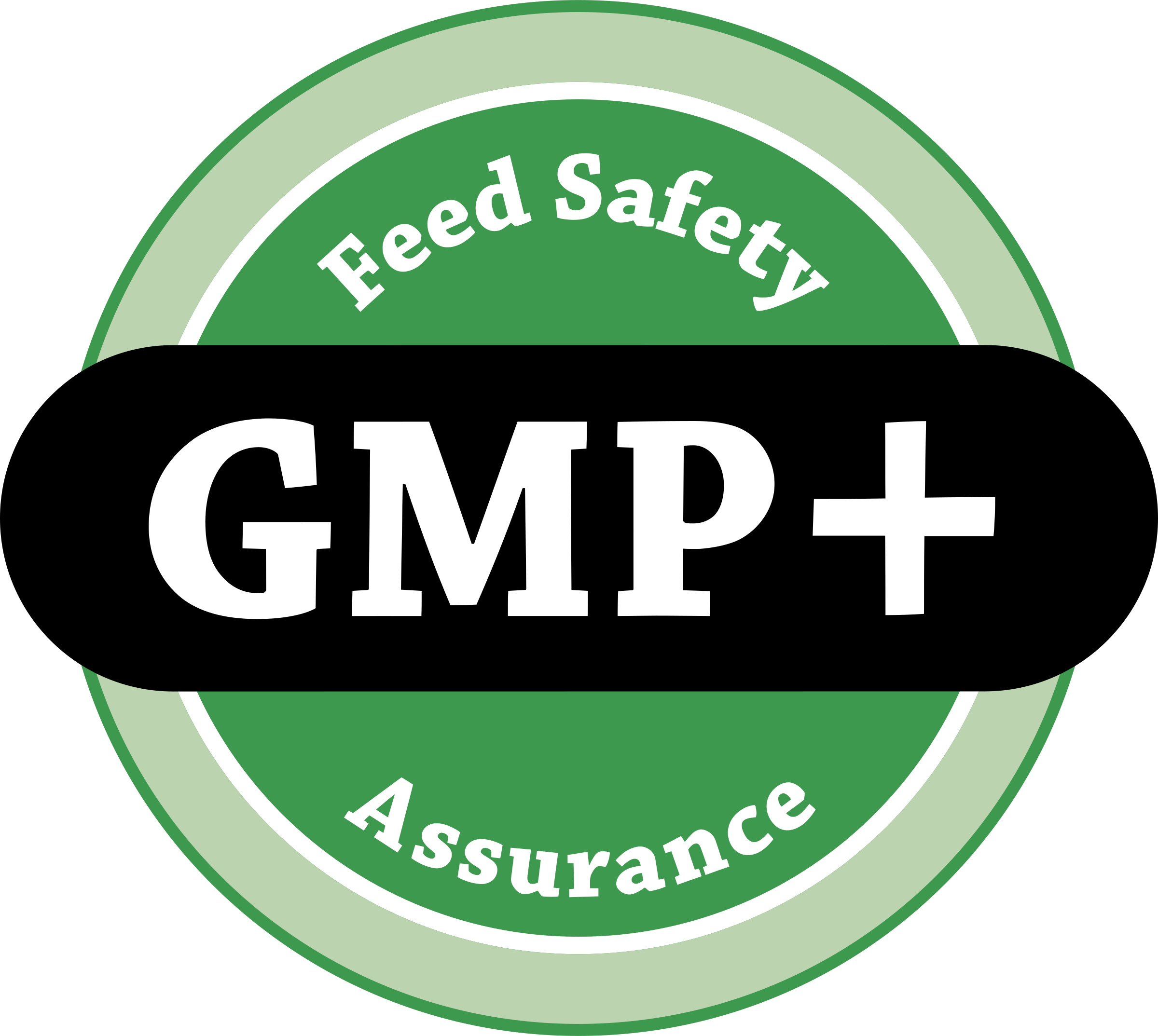Winter is around the corner, and here comes respiratory distress along with it. Cold stress is one of the common reason of poultry suffering from respiratory problems. Chickens under cold stress conditions often exhibit reduced performance and impaired health due to discomforts in the internal body systems.
Here are few tips for poultry owners to take care of their bird from devil cold winds.
1. Proper Brooding management
Sufficient number of brooders should be placed that commensurate with the flock size of the chickens, with the temperature to be regularly monitored and carefully adjusted to suit the heat requirement of chickens at different stages of the production cycle.
2. Keep check on the airflow to and from the poultry house
Side curtains should always be installed during cold weather to prevent heat dissipation through the circulation of air to and from the poultry house. Plastic curtains are mostly suitable for such purpose
3. Protein nutrition to have proper body heat
With increase in chilling winds need for protein in the diet also increases as protein is known for generating heat when it is digested, thus creating body heat that helps the chickens to stay warm. Secondly, around 85% protein goes to the feathers that cover the chick’s body and protect it from cold.
However, if the intestinal tract is infected with pathogens under cold conditions, then feeding a low-protein diet may be recommended as it reduces the severity of the infection and also reduces the ammonia load, thereby decreasing gut disorders.
4. Provide adequate water facilities
In severe cold weather when temperature falls below 10 degree Celsius, birds refuse cold water intake. So try to provide lukewarm warm water 2-3 times at nights.
5. Mineral adjustment
Using lower Calcium, Phosphorus, and Sodium levels in cold weather will reduce water intake, water excretion, and litter moisture, thereby mitigating the cold stress effects and also maintain footpad quality.
6. Antioxidants supplementation
Vitamin C plays an important role in anti-cold stress. Under cold stress, the vitamins synthesized in the body cannot meet the needs of the body’s metabolism. Supplementing a certain amount of vitamin C can promote the growth of the body.
7. Adoption of phytogenic feed additives
Essential oils and herbal extracts contain properties such as antimicrobial, antioxidants, decongestants, bronchodilators and muscle relaxants as help in relieving problems associated with cold stress.


